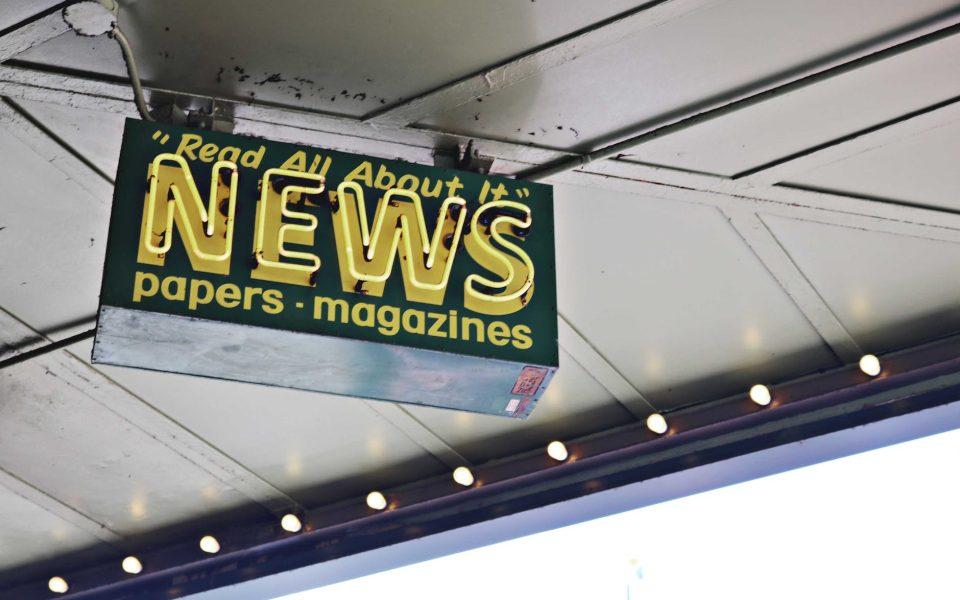Last Friday, July 28, News & Record reporter Kenwyn Caranna was covering juvenile court inside the Guilford County Courthouse, which is a thing that reporters do every day.
But on this day, according to reporting by the N&R, District Court Judge Ashley Watlington-Simms cleared the courtroom for what the paper calls “a particular matter.” This is the judge’s right: juvenile cases, because they involve minors, are sensitive, and records from these cases are confidential. But they are open to the public, and reporters are allowed to take notes. It’s a pretty big part of the job.
Then, well after the fact, the N&R says the judge issued a gag order on Caranna and seized her notes from the day. This she is not allowed to do without first holding a hearing, during which the reporter is entitled to representation by a lawyer.
Under pressure, Caranna gave up her notes. Now the N&R has requested a hearing to have the gag order vacated and her notes returned.
These are the facts of the case, left now for the lawyers to sort out.
But the incident underscores a disturbing trend for news media in North Carolina and elsewhere.
We shouldn’t have to hire lawyers just to do our jobs, the most important of which is letting people know what government agencies like city councils, county commissions and the courts at every level are doing in our name. Courtrooms, particularly, are public spaces. And though there are a few rules on covering them — no phones, recording devices or no cameras, as well as other security measures in courtrooms across the United States — there is no rule against taking notes during proceedings in open court, which was what Caranna was doing.
Had they let Caranna call her editor before seizing her notes, and if that editor was me, I would have advised her to keep her notes and let the chips fall where they may. I would have further informed her that, no matter how it played out after that, it would be fantastic for her career. Reporters consider it an honor to go to jail for things like protecting sources, shielding documents or otherwise defending their rights — and privileges! — as members of the Fourth Estate.
But that is neither here nor there.
Now, TCB stands in solidarity with Caranna and the N&R in their quest to report the news to the people, and we implore every media outlet in the state to join us in voicing our dissent to her treatment on that day.
We shouldn’t have to hire lawyers to defend us for doing our jobs. And we expect judges, law enforcement and government agencies to be at least as knowledgeable about the First Amendment, and the protections enshrined therein, as we are.
Join the First Amendment Society, a membership that goes directly to funding TCB‘s newsroom.
We believe that reporting can save the world.
The TCB First Amendment Society recognizes the vital role of a free, unfettered press with a bundling of local experiences designed to build community, and unique engagements with our newsroom that will help you understand, and shape, local journalism’s critical role in uplifting the people in our cities.
All revenue goes directly into the newsroom as reporters’ salaries and freelance commissions.


Leave a Reply